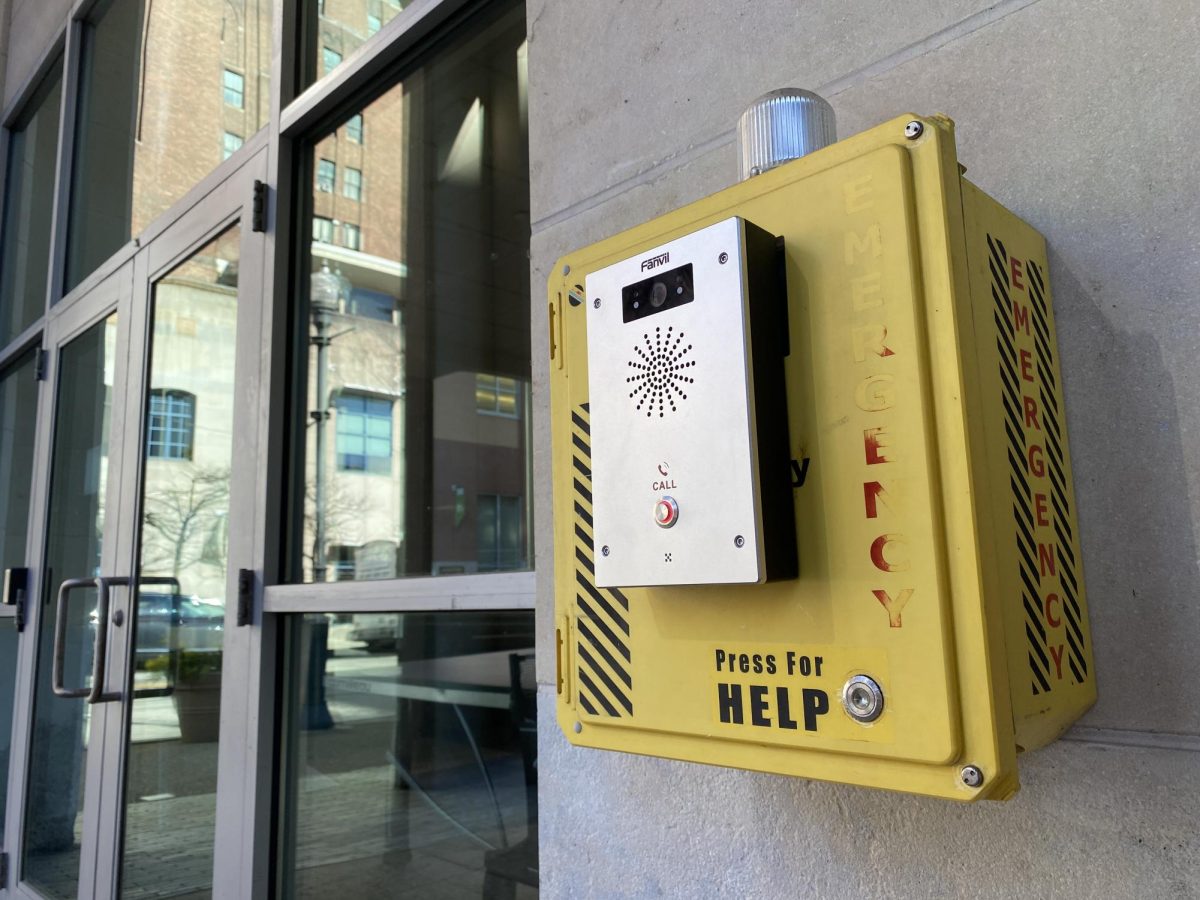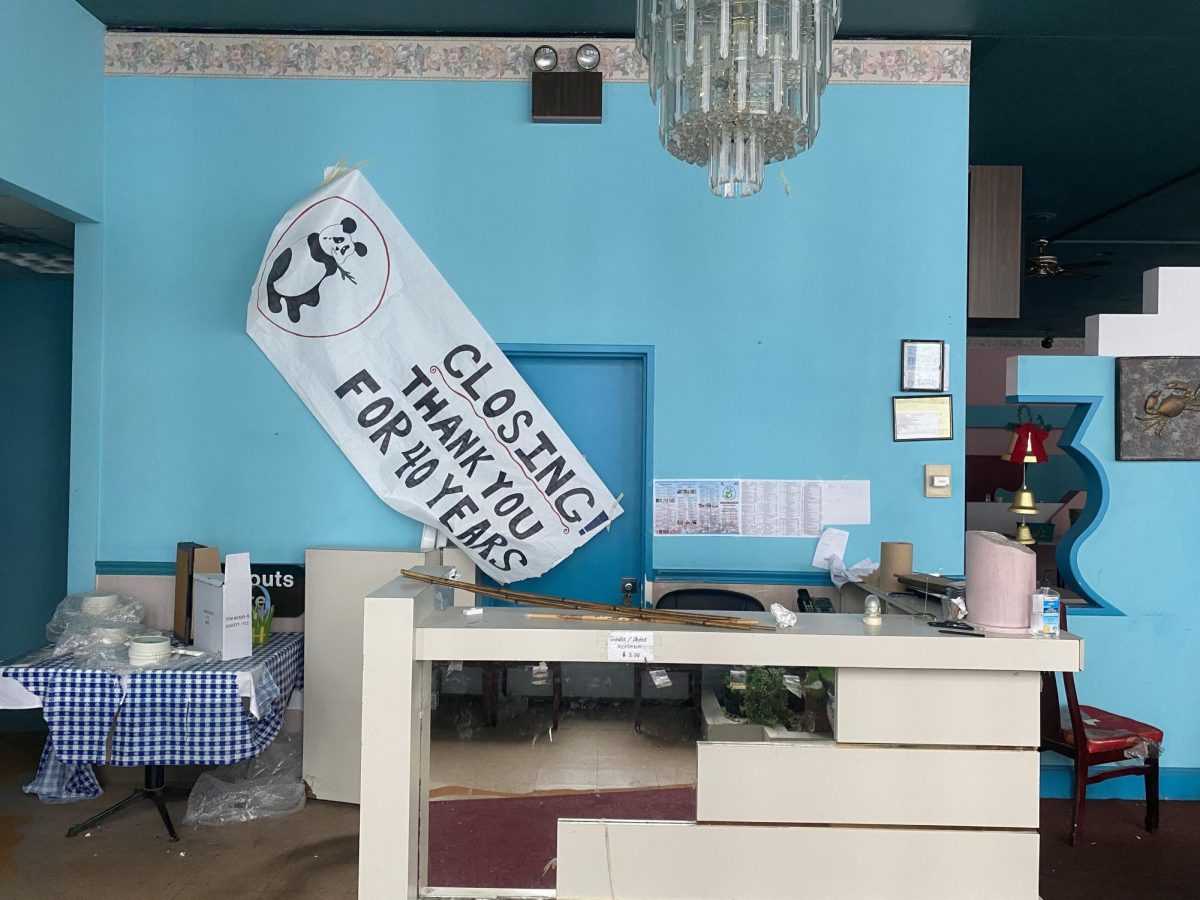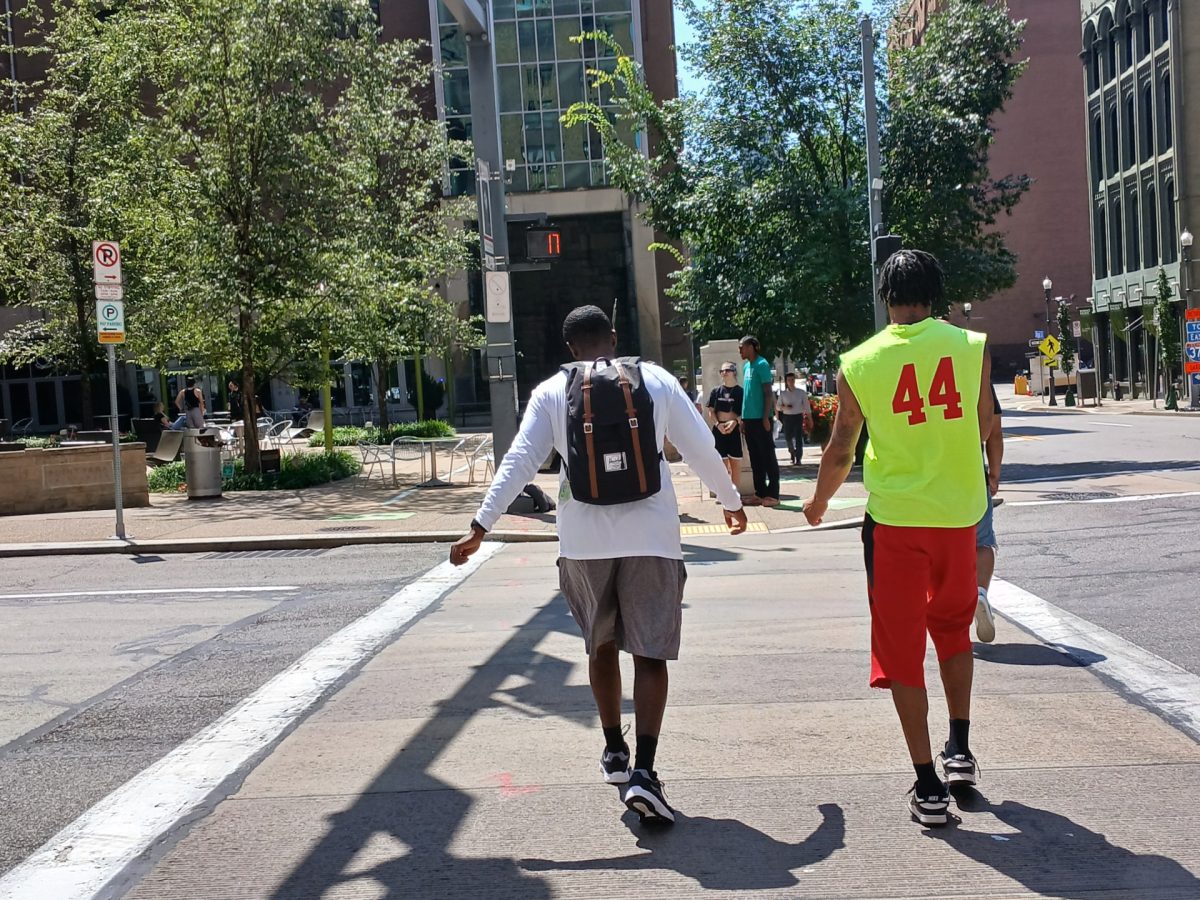When you think of a phone reporting line, common examples may include calling your internet provider to tell them your Wi-Fi is out, calling a customer service line or something like the 311 number. What do they have in common? They are all meant for non-emergencies that don’t necessitate immediate or quick attention.
Out of all the services that provide a phone reporting line, your city’s police force may be the last service you would expect to have one. While that may sound off, this is not shocking, as some crimes do not need the physical presence of an officer to gather information for a report. This tends to be exclusive to small crimes or an issue that happened hours ago, like items getting stolen much later than when you call.
However, new policies set forth for Pittsburgh’s police force have taken this phone reporting concept to an extreme, with officers now only being required to respond to “in-progress emergencies.” For instance, if the department receives a call about a theft, harassment or criminal mischief, chances are that you will not see an officer arrive on the crime scene to talk to you. Instead, you will be put into a game of phone tag with whichever officer is available to take the call and write down the details. According to Pittsburgh Chief of Police Larry Scirotto, these changes are being made to try to free up officers and reduce call volume from 200,000 calls a year down to 50,000. Whether there is a reason for this specific reduction is unknown, but it is a noticably drastic decrease for our city of about 300,000 people.
Now, it’s understandable that some sacrifices must be made when Pittsburgh’s police force has only about 700-800 officers – down from the 900-1,000 officers on the force just a decade ago. Some have also taken issue with decreased coverage in the city from 3 a.m. to 7 a.m., but that is a matter of allocating far too many resources for times that do not need so many officers on stand-by. The choice to not respond to certain emergencies is disheartening and worrying, though. Imagine being harassed by someone in the city and all you’re told to do is take care of the situation yourself, while an officer takes care of the reporting side elsewhere. Is this what “protecting” our people means?
With this problem in mind, let’s instead focus attention onto our own police force. Currently, Point Park police have not announced any plans to switch to a similar system in not responding to calls that Pittsburgh police would just defer to their “telephone reporting unit,” which is comforting.Additionally, there has been no word on staffing reductions with officers at the university from 3 a.m. to 7 a.m. Once again, low staffing at those hours with Pittsburgh police is not necessarily an issue, so it would be similarly reasonable if our police force did not have many officers on duty during those hours.
Students should feel safe on campus, knowing that emergencies like harassment will get handled by an officer and not by you having to tell someone a bunch of information over the phone. The effectiveness of such a practice will certainly be up to question – ultimately, it seems like Pittsburgh police will deal with much more paperwork than before.
The hope is that our police force does not follow what the city is doing, as that will only be a massive disadvantage to students and faculty. When emergencies are not responded to and put onto the back burner to deal with later, trust is lost.
Regardless of your personal thoughts on the state of Downtown Pittsburgh, we are all lucky enough to live on a safe campus. Keeping our buildings locked down may be a good step, but having a police force that always responds to emergencies whether they’re “in-progress” or not plays a big part in protecting us. If this changes, then we are all at risk of losing a significant level of safety on campus.








